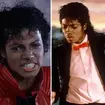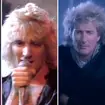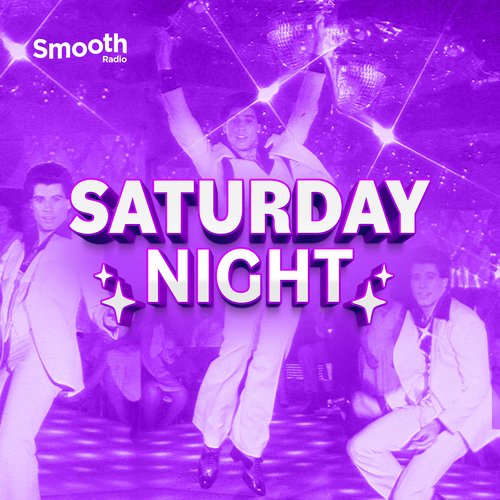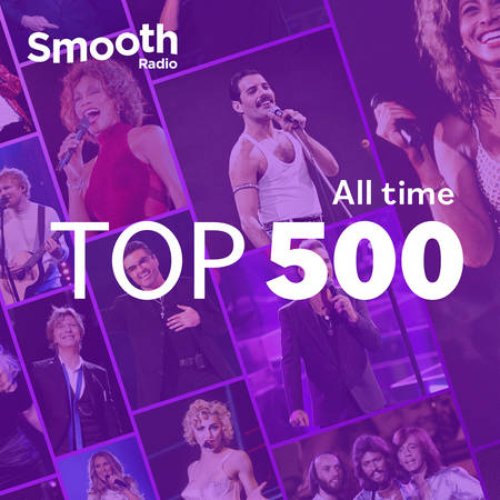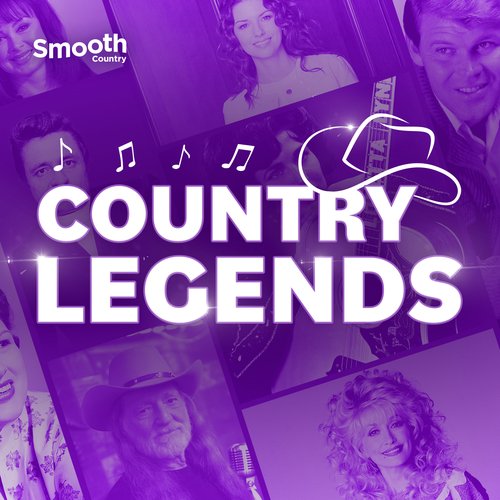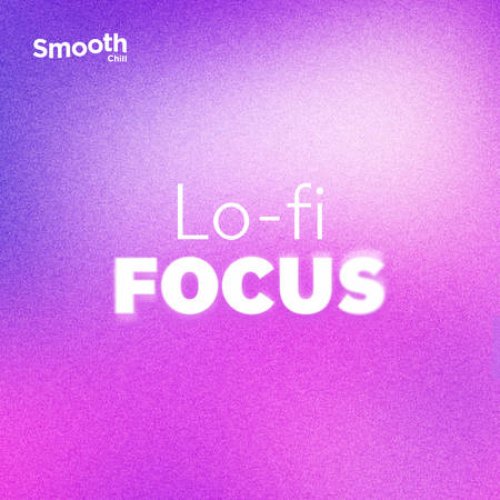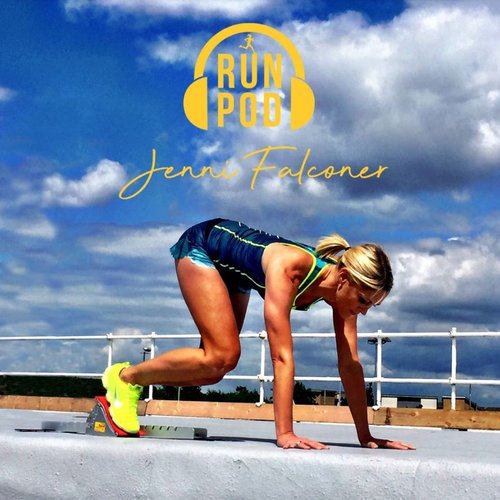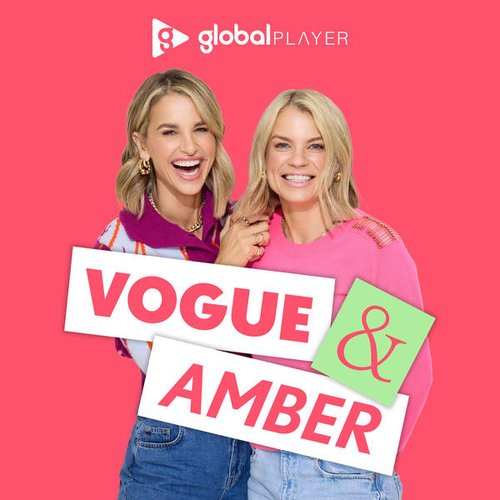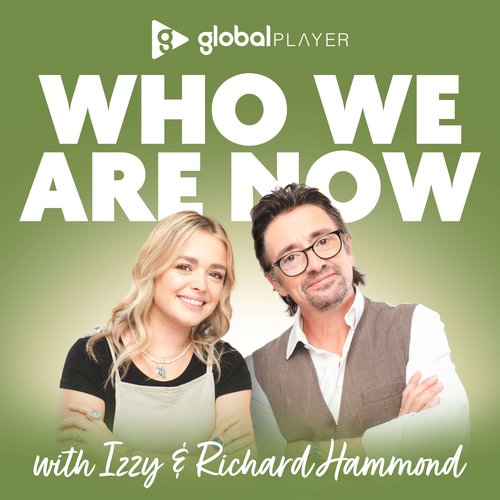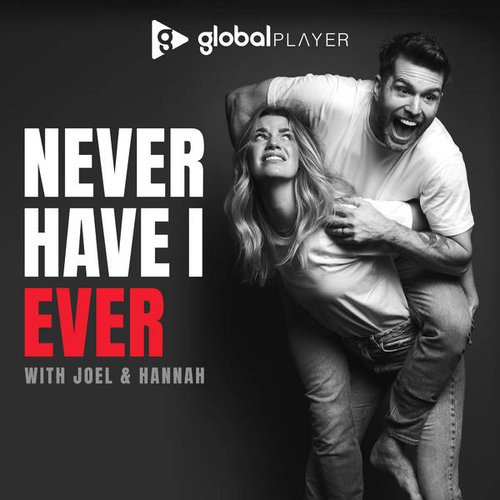The 10 greatest John Lennon songs, ranked
8 October 2020, 17:13
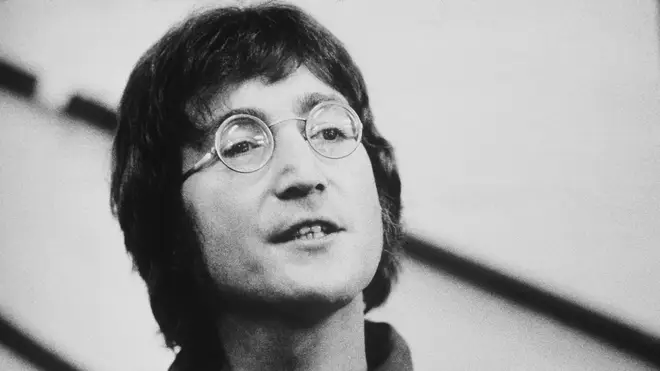
John Lennon was truly one of the most fascinating and gifted songwriters of all time.
Taken away from us far too early, he still managed to build up a huge library of solo music after The Beatles split up in 1970.
Here are just a handful of his greatest songs by John Lennon that we always love hearing to this day:
-
'Instant Karma!'

Instant Karma! (We All Shine On) - Lennon/Ono with The Plastic Ono Band
This one-off single was released in 1970, and was written, recorded and released within a period of ten days, making it one of the fastest-released songs in pop music history.
Produced by Phil Spector, it also featured contributions from George Harrison and Billy Preston.
-
'(Just Like) Starting Over'

(Just Like) Starting Over - John Lennon
This was the first single released from Lennon's final album Double Fantasy, and the first new recording since 1975. It was chosen by Lennon, not because he felt it was the best track, but because it was the most appropriate following his five-year absence. He described it as the "Elvis/Orbison" track, as he impersonated their vocal styles.
Released a few weeks before his death, it rose to number one in December 1980.
-
'Stand by Me'

Stand By Me - John Lennon
Already a soul classic by Ben E King, John Lennon recorded a cover version for his 1975 album Rock n Roll.
It was released as the lead single from the album, which also featured covers of Chuck Berry and Buddy Holly songs among others.
-
'Give Peace a Chance'

Give Peace A Chance - Plastic Ono Band
This was John Lennon's first solo single, and was released while The Beatles were still together in 1969.
It was written during Lennon and Ono's infamous 'Bed-In' honeymoon in Montreal, Quebec, Canada. When asked by a reporter what he was trying to achieve by staying in bed, Lennon said: "Just give peace a chance".
In Room 1742 at the Queen Elizabeth Hotel in Montreal, André Perry recorded the song using just four microphones and a four-track tape recorder rented from a local recording studio. The recording session was attended by various celebrities, including Petula Clark and Allen Ginsberg, many of whom are mentioned in the lyrics.
-
#9 Dream

#9 Dream - John Lennon with The Plastic Ono Nuclear Band (official music video HD)
This wistful song was taken from his Walls and Bridges album in 1974, and came to Lennon in a dream.
Lennon said that the song was just "churned out" with "no inspiration.", saying: "That's what I call craftsmanship writing, meaning, you know, I just churned that out. I'm not putting it down, it's just what it is, but I just sat down and wrote it, you know, with no real inspiration, based on a dream I'd had."
He liked the string arrangement he wrote for Harry Nilsson's version of 'Many Rivers to Cross' so much that he decided to use it in the song. The backing vocals are provided by May Pang, Lennon's partner at the time.
-
'Working Class Hero'

Working Class Hero - John Lennon/Plastic Ono Band
This song featured on Lennon's first album since The Beatles disbanded, 1970's John Lennon/Plastic Ono Band.
It is a political song, and is a criticism on the difference between social classes. It tells the story of someone growing up in the working class. The song was banned on most radio stations due its profanity.
-
'Woman'

Woman - John Lennon
This was the second single released from Double Fantasy, soon after his death in 1980.
Lennon wrote the song as a tribute to his wife Yoko Ono, and to all women. It begins with Lennon whispering: "For the other half of the sky", a paraphrase of a Chinese proverb, once used by Mao Zedong.
-
'Jealous Guy'

Jealous Guy - John Lennon and The Plastic Ono Band (with the Flux Fiddlers)
Lennon began writing this song in 1968, titled 'Child of Nature', and was among many songs demoed by the Beatles before they recorded their self-titled double album, known as the White Album.
The lyrics were inspired by a lecture given by Maharishi Mahesh Yogi in early 1968, It is a confessional song, in which Lennon addresses his feelings of inadequacy that resulted in his failings as a lover and husband.
Roxy Music's cover version topped charts around the world after Lennon's death in 1980.
-
'Happy Xmas (War is Over)'

Happy Xmas (War Is Over) - John & Yoko, The Plastic Ono Band with The Harlem Community Choir
Read more: The Story of... 'Happy Xmas (War is Over)'
Released in 1971 by Lennon with Yoko Ono and the Plastic Ono Band, this Christmas song is set to the traditional English ballad 'Skewball'.
It is also a protest song against the Vietnam War, and has since become a Christmas standard every December, and is often named in polls as a holiday favourite around the world.
-
'Imagine'

Imagine - John Lennon and The Plastic Ono Band (with the Flux Fiddlers)
Read more: The Story of... 'Imagine'
Where do you even start with this classic?
The best-selling single of Lennon's solo career, its lyrics ask the listener to imagine a world at peace without the barriers or divisions of religion and nationality, and to ponder if humanity could live without material possessions.
While not a massive hit at the time in 1971, it became a number one single around the world after Lennon's death in 1980. Often named the greatest song of all time, BMI has named it one of the 100 most-performed songs of the 20th century.



